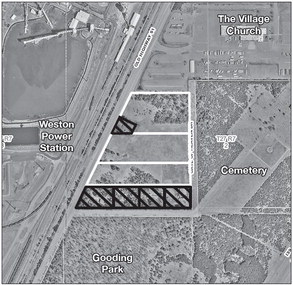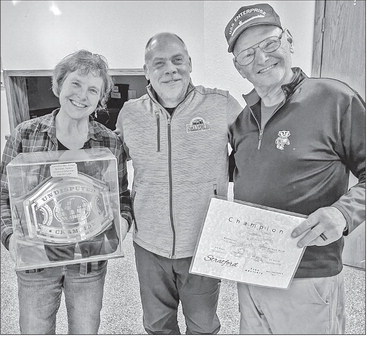Expand tourism room tax
A tool for helping promote tourism activities and infrastructure needs to be expanded to include larger areas beyond municipal boundaries and different types of tourism-oriented housing.
For decades municipalities around the state have been able to levy a special sales tax against people who stay in hotels, motels or other short-term rentals. This money is then used by those communities to pay for tourism infrastructure and the promotion of tourism events in communities, with the decision on how funds are spent left up to independent commissions.
If you have been to concert in the park, a community festival or attended any major event, chances are high that those activities would not have gotten off the ground without grant funding from the hotel/motel room tax to help the start-up costs.
Room taxes serve as an important tool for helping communities offer activities and events. Room tax grants are the seed corn that once planted and nurtured results in hundred of bushels of harvest at the end of the season. Any event which draws outside tourism dollars to a community, grows the local economy through money being spent, and then respent through the economic multiplier effect.
Almajor flaw in the current room tax legal structure is that it is entirely focused on separate municipalities with the exception of places such as Wisconsin Dells, where there is a regional zone across municipal boundaries that acts as a single tourism destination. With the tax stopping at the city limits and campgrounds being excluded, those staying just outside the city in short term rentals such as Air BnBs or at the growing number of upscale private campgrounds in rural areas around the state do not pay into local room tax funds.
As people choose these options rather than traditional hotels and motels, it impacts the overall amount of room tax dollars collected. At the same time, it creates a system where there are payers and free-riders attending events and utilizing tourism resources in communities. Someone renting a cabin or staying at a campground to attend a special event should have the same sort of investment as someone who chooses to stay at a local motel.
In turn, this will benefit more rural communities by having grant funds more readily available throughout a region rather than just focused on that municipality.
Wisconsin should change the rules to ease regulations, allowing for the creation of tourism regions targeted toward more rural areas. In rural portions of the state, there are widely spaced urbanized areas which serve as community focal points surrounded by large swathes of rural areas. Capturing room tax funds from those staying at non-traditional tourism rentals will provide a resource pool which can be leveraged for the creation of community events and tourism infrastructure improvements with the goal of attracting additional tourism dollars.
Alfew extra dollars on a room bill for a traveler passing through may not seem like it would make a major difference, but when combined with the amount collected from many travelers, it has a tremendous ability to do good things in a community.
Tourism residential options for travelers has changed and it is time for state rules to change along with them.
Central Wisconsin Publications Editorial Board consists of publisher Kris O’Leary and Star-News editor Brian Wilson



